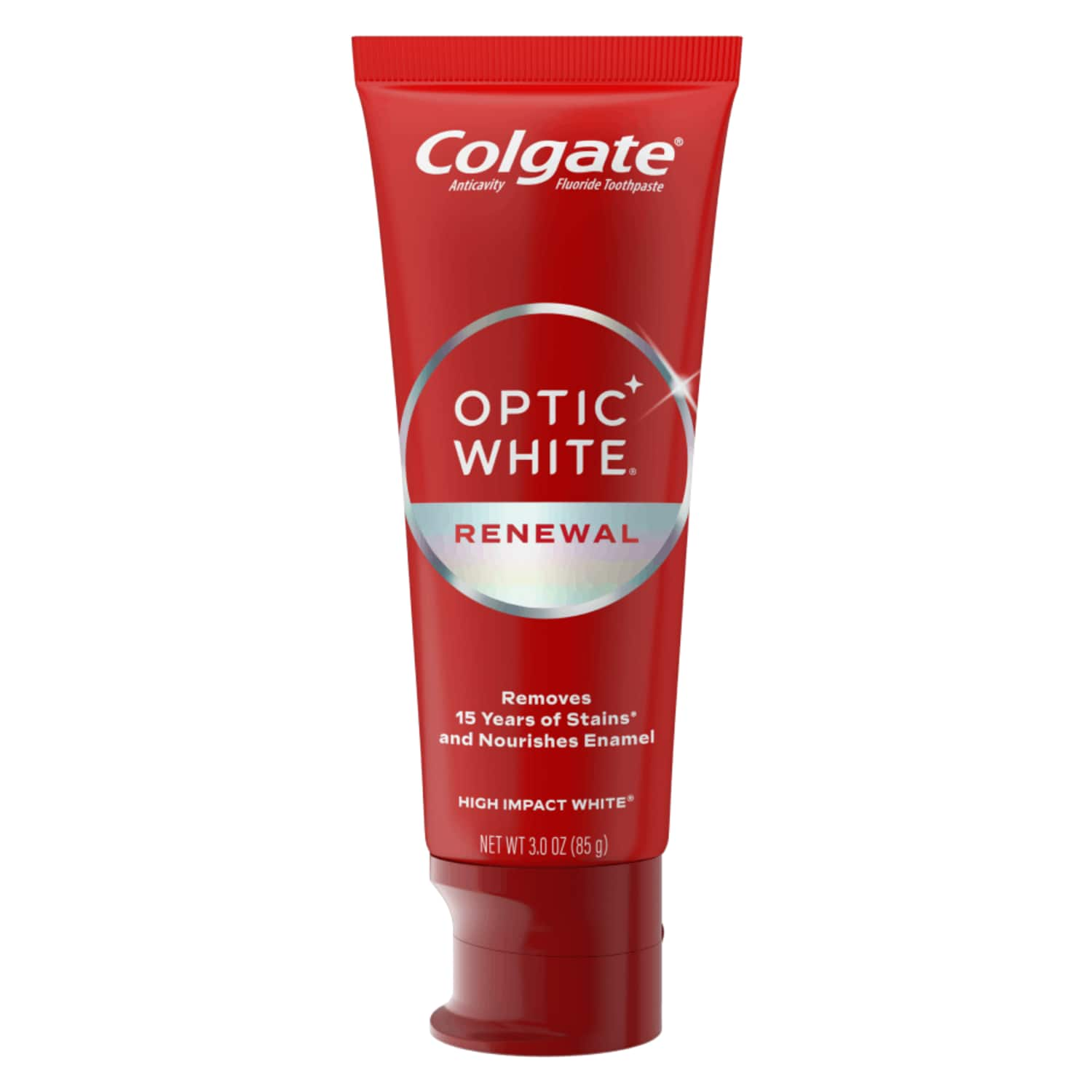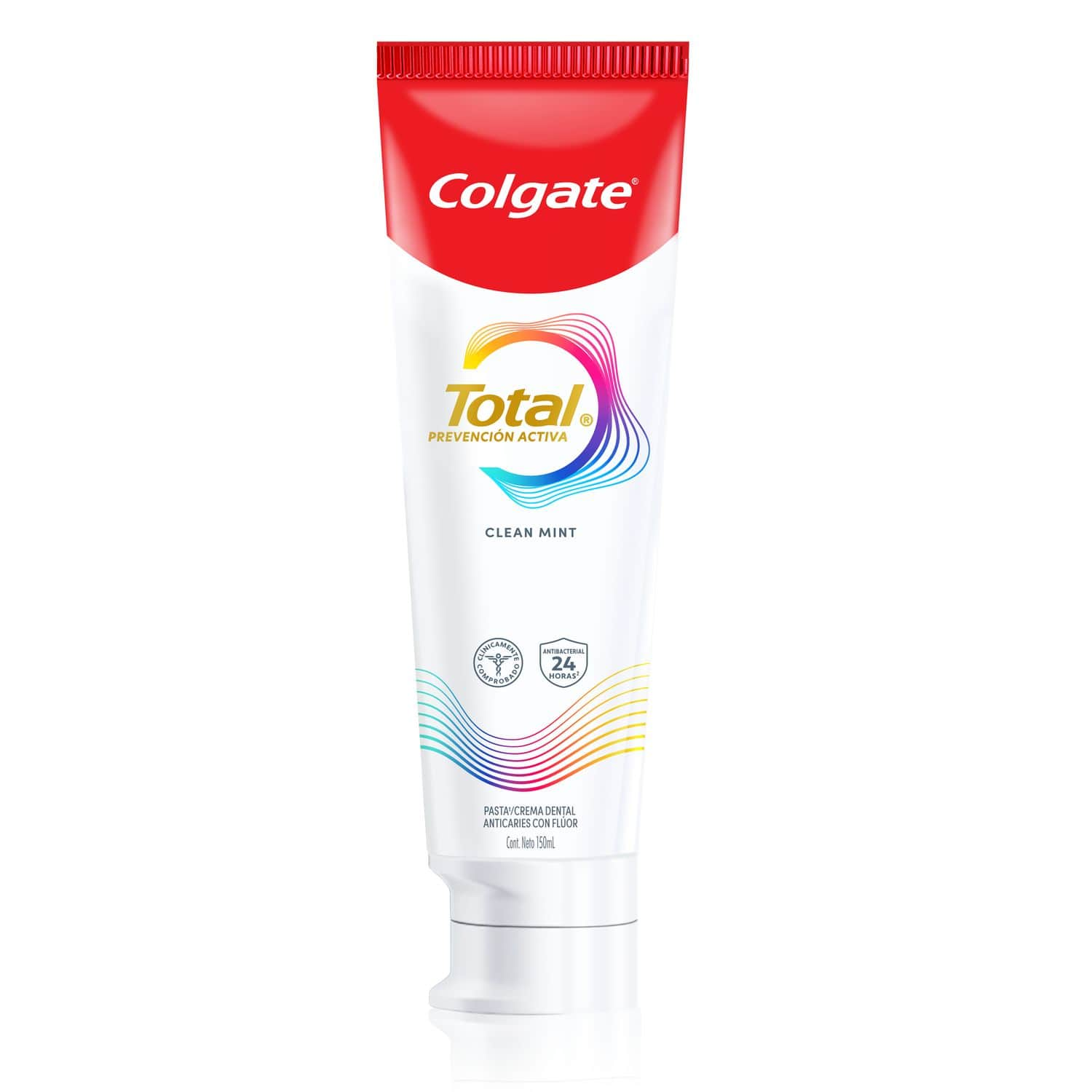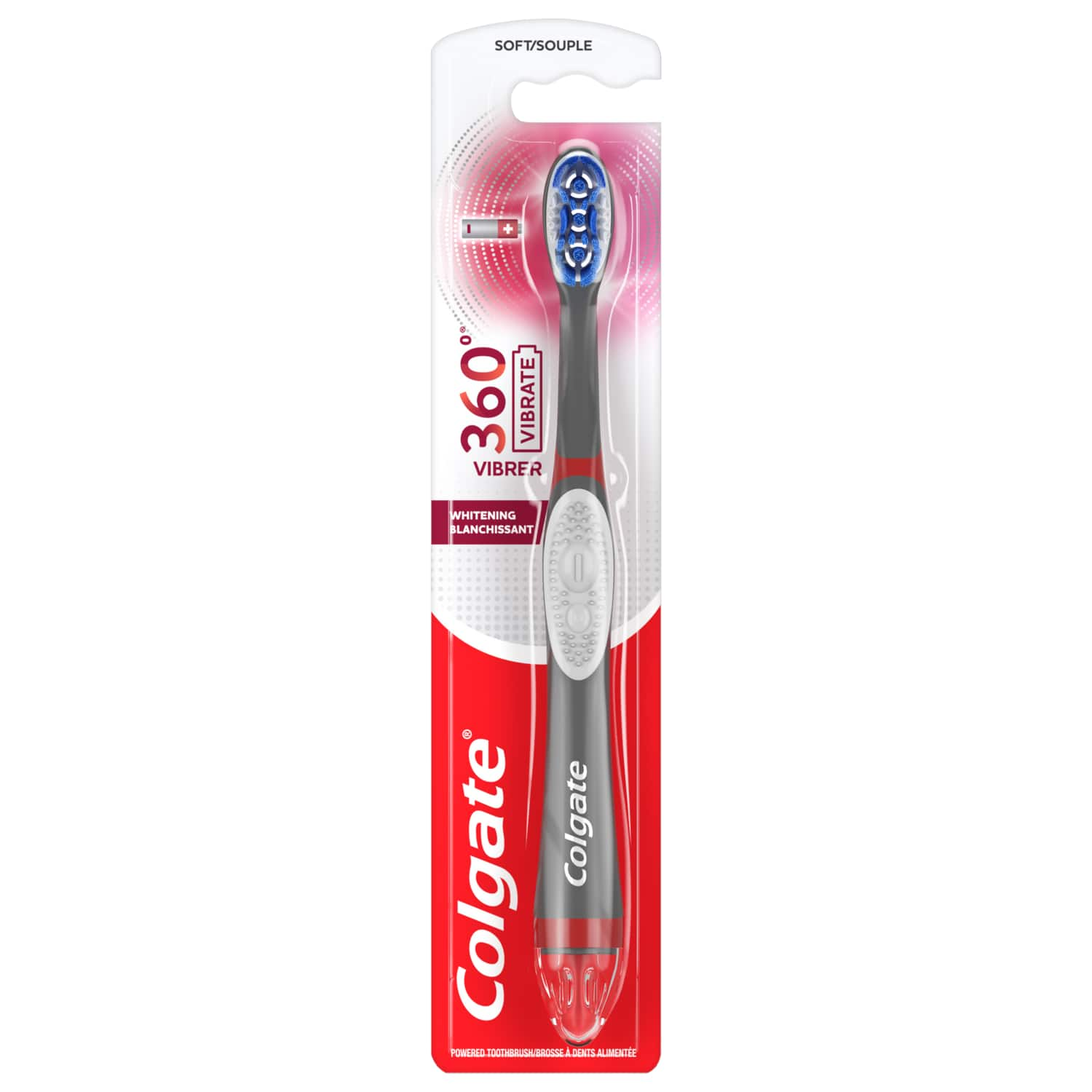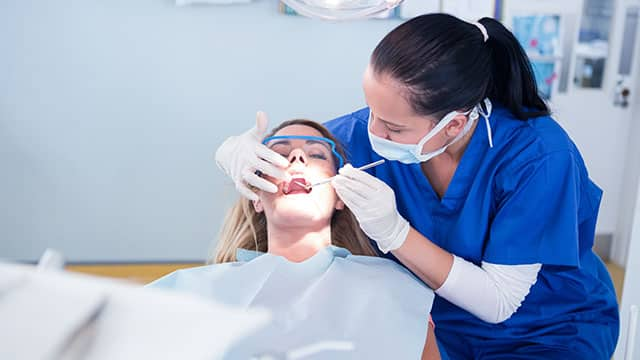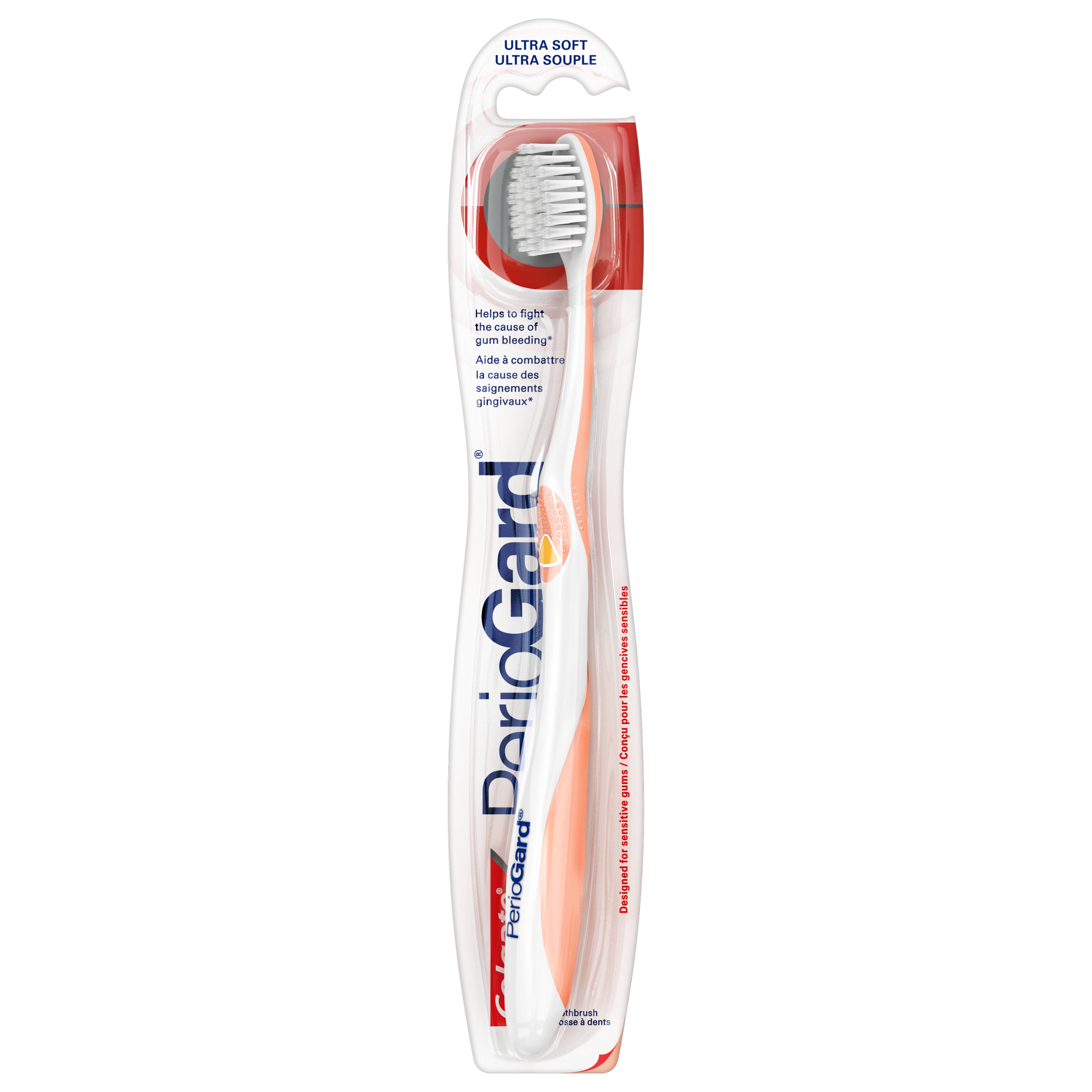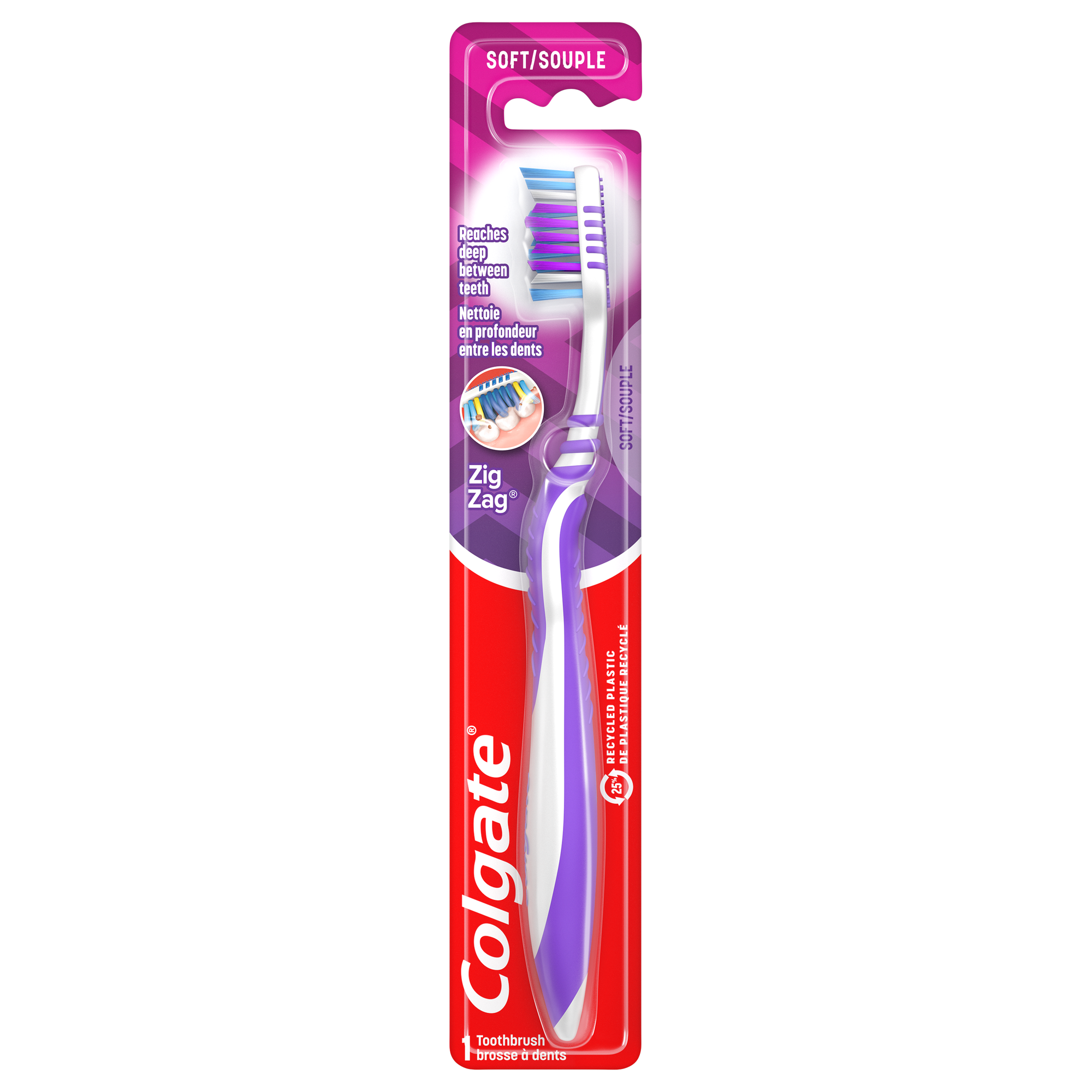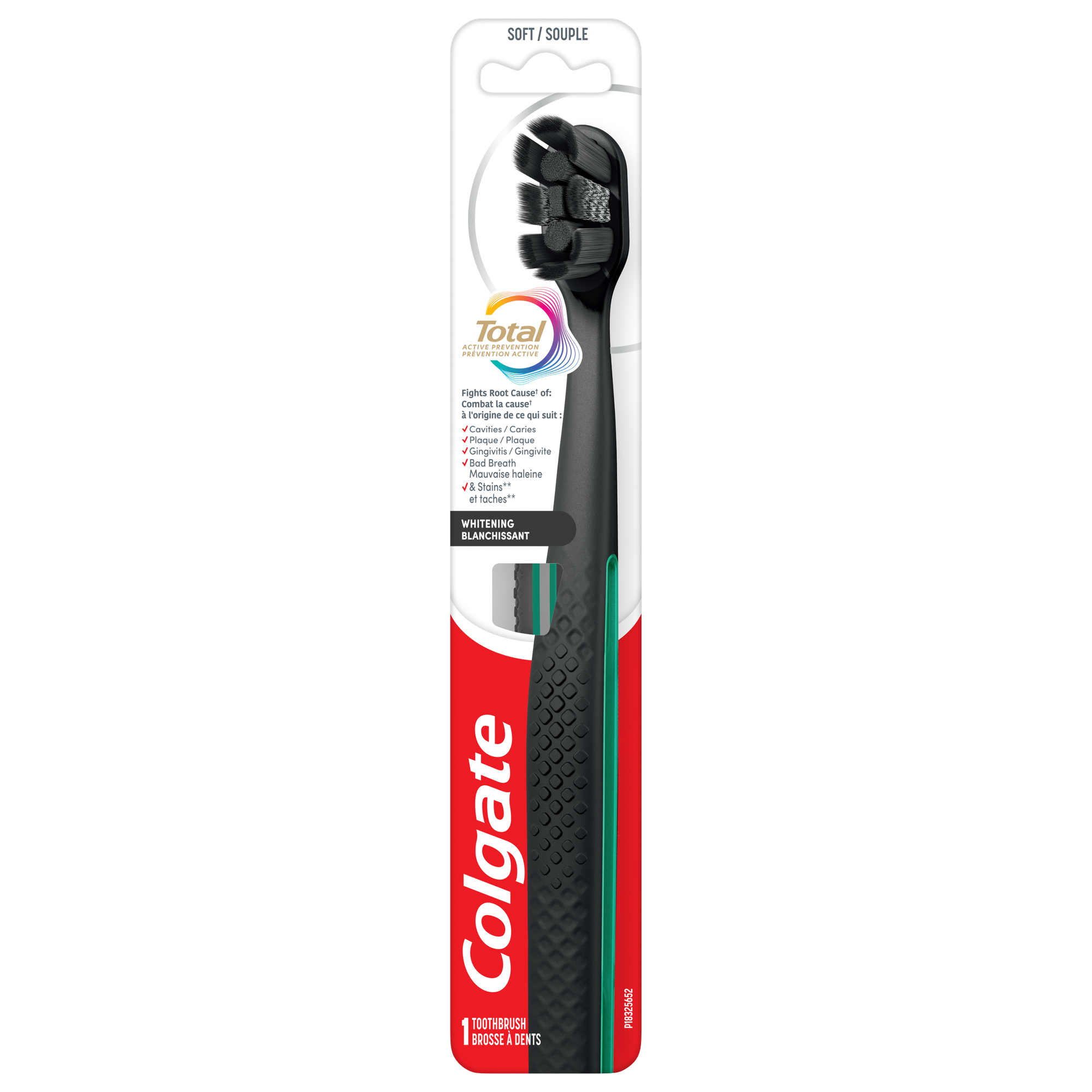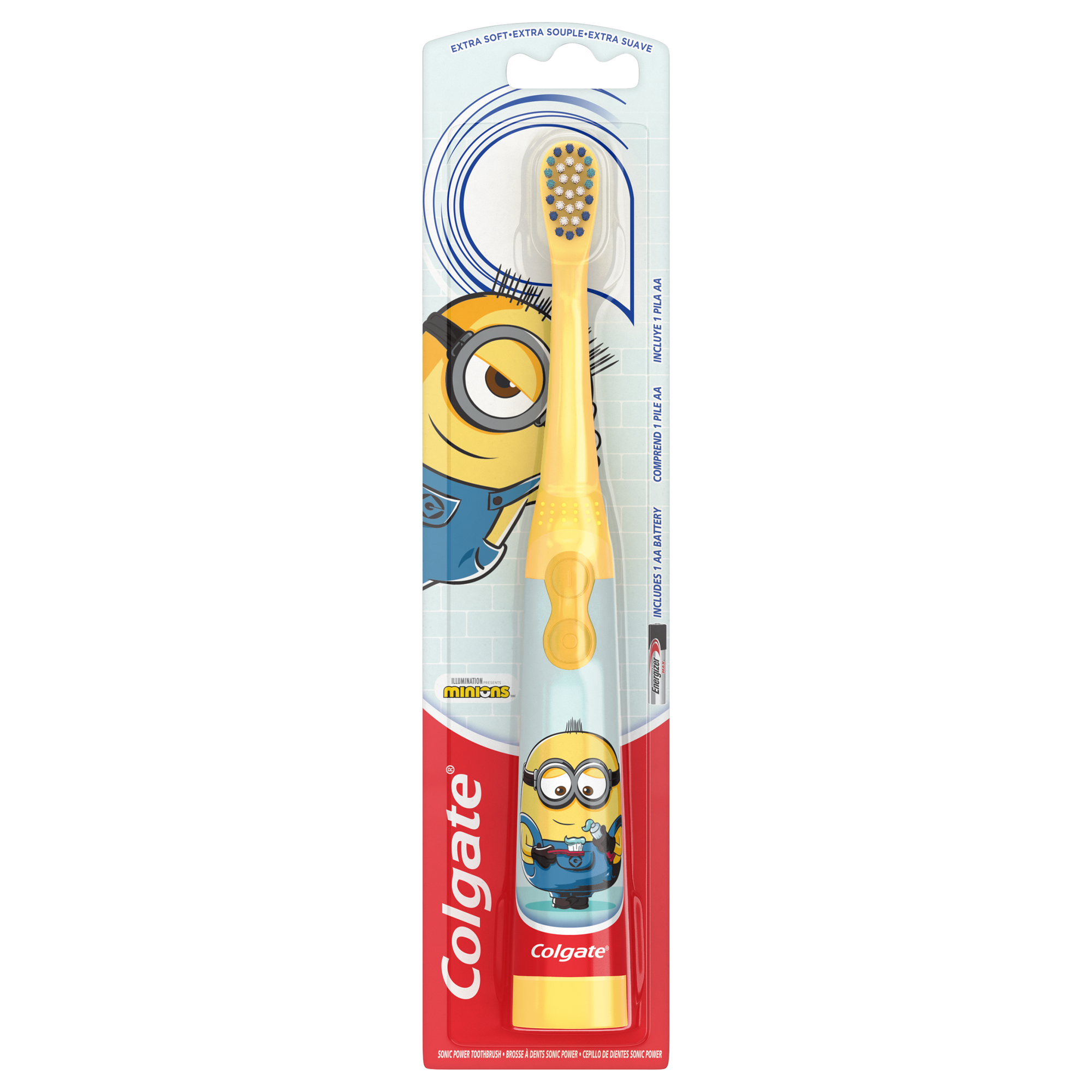What Happens When Gums Recede?
While your teeth are your mouth's main showstopper (who doesn't love a good set of pearly whites?), your gums (or gingiva) are critical in protecting them and keeping them snugly in place. If the gums begin to pull away, bacteria can enter these pockets, causing inflammation that can potentially lead to tooth loss. The roots of your teeth can also become exposed, leaving them vulnerable to decay and sensitivity.
Symptoms of Gum Recession
Gum recession can occur without any symptoms, so attending routine dental appointments is critical, as your hygienist and dentist will be able to notice its early signs. The most common symptoms of gum recession that you may notice on your own include:
- Bleeding after brushing or flossing.
- Pain, inflammation, redness and/or swelling of the gums.
- Bad breath.
- Sensitivity (caused by exposed tooth roots).
- Teeth that feel loose or appear to be shifting.
- Gums that appear to have shrunk, leaving the teeth looking longer.
Causes of Gum Recession
- Poor oral health: When bacteria in plaque (biofilm) build up between the gums and teeth, the gums surrounding the teeth can become inflamed. Left untreated, this inflammation can result in deterioration of the gums and supporting bone structure. This can lead to gum recession and periodontal disease, a severe gum infection.
- Overly aggressive brushing or flossing: It's great to be enthusiastic about oral care! But make sure you're gently brushing your teeth and not scrubbing hard. Over-brushing can wear down the enamel of your teeth and damage your gum tissue, causing receding gums.
- Genetics: Some dental issues are influenced partly by genetic factors, not all of which are fully understood at this time. If either of your parents has gum recession, you may be at a higher risk.
- Abnormal tooth positioning: Crooked teeth or a misaligned bite (when the top and bottom teeth don't fit together correctly) can create undue friction and force on the soft tissues of your mouth, causing your gums to recede.
- Grinding and clenching your teeth: Also called bruxism, this habit can cause many dental issues, including gum recession. Like abnormal tooth positioning, the extra force exerted can wear down your gums.
- Hormonal changes: Women experience several stages of hormone fluctuations in their lifetime, like puberty, pregnancy, and menopause. Unfortunately, these natural life phases can make a woman more susceptible to gum disease and recession.
- Trauma to gum tissue: Gum tissue may recede when a traumatic injury has occurred. Recession can appear at the site of the damage or close to it.
- Using tobacco: Smoking and tobacco use increases your risk for receding gums by increasing the likelihood of many dental issues. This happens for several reasons, including weakening of the immune system and reduction of saliva flow, which allows for more plaque to build up.
Treatment Options for Receding Gums
Once gum tissue has pulled back and away from your teeth, it's gone for good. However, there are options for treating gum recession! See your dental professional for an evaluation to determine the cause of your gum recession. After an assessment, they will recommend the best course of treatment for your needs.
A dental professional may be able to treat early signs of gum disease by performing a deep cleaning procedure called root planing and scaling. This treatment cleans out bacteria from the pockets between the gums and teeth, removing infection and giving the gums the chance to heal and reattach to the teeth.
If there's a progressive, noticeable recession, you're experiencing sensitivity, or you're not happy with the appearance, a dental professional may recommend a gum graft to replace the lost tissue. Gum grafting is a surgical procedure that usually involves taking a small amount of tissue from one area, such as the roof of the mouth, then transferring it to the gum area in need.
Preventing Further Recession
Your dentist and dental hygienist will also teach you how to best prevent further gum recession. They could recommend mitigation strategies, like adopting new oral care habits, quitting smoking, or wearing a mouthguard at night to protect your teeth when you grind or clench.
Good oral care habits can also prevent gingival recession. Always use a soft-bristled toothbrush and proper brushing technique to help protect your enamel and gums. This won't correct the current recession, but it may prevent the problem from worsening. If receding gums are due to other concerns, addressing your problem may help to help slow or even stop the recession. For example, if your gum recession is caused by crooked teeth or a misaligned bite, your dental professional may recommend orthodontic treatment (such as braces) to restore your teeth to the correct position.
We know that the symptoms that often come with gum recession, such as sensitivity or bleeding when brushing, can be uncomfortable and even alarming. Don't panic! No one likes to discover that an oral health issue has snuck up on them, but help is available. Your dental professional is on hand to give you advice and recommend the best treatment for your gum recession. While you can't reverse it, there are plenty of ways to treat gum recession and prevent further damage from occurring. Keep up with your excellent oral care routine, speak with your dental professional about your gum recession concerns, and before you know it, your gum recession will be a thing of the past!
ORAL HEALTH QUIZ
What's behind your smile?
Take our Oral Health assessment to get the most from your oral care routine
ORAL HEALTH QUIZ
What's behind your smile?
Take our Oral Health assessment to get the most from your oral care routine
